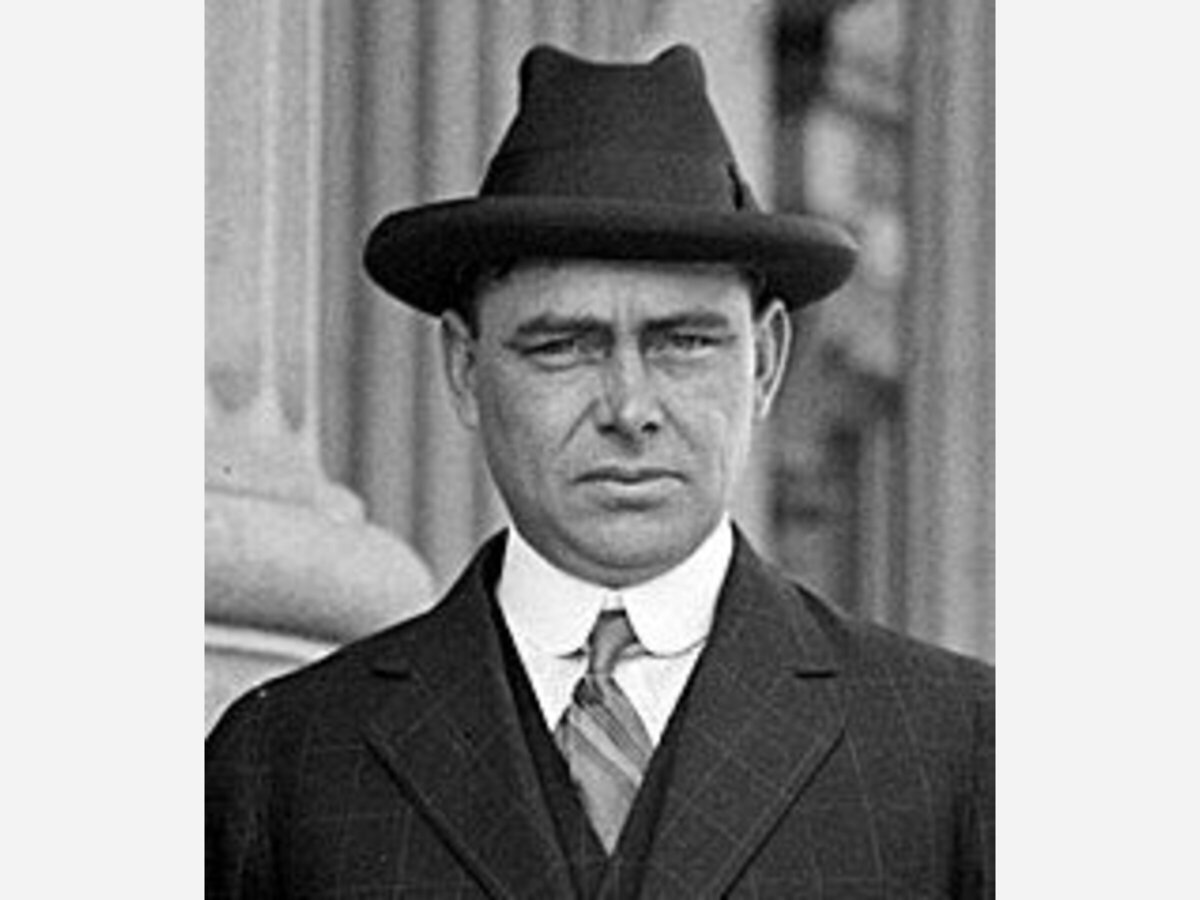Image

On November 8, 1956, when the Franklin Sentinel announced that Republican Congressman Joseph W. Martin, Jr. had won the 14th district by a record plurality, probably few were surprised. At that point, the durable Attleboro native had been winning in politics for more than 40 years.
He served in the Massachusetts House of Representatives (1912–1914), Massachusetts Senate (1914–1917) and then graduated to Congress, serving in the House from 1925 to (eventually) 1967
While in Washington, his district included Franklin. Indeed, in that 1956 election, he won Franklin handily, over his Democrat opponent, Edward F. Doolan, by 2,290 to 1,666 votes.
Of course, it didn’t hurt that he had started his career as a newspaper boy and then newspaper reporter in Attleborough, eventually becoming a part owner and eventually, a full owner of the Evening Chronicle– and he had his own voice in Franklin, too. As he explained, in his autobiographical, “My First Fifty Years in Politics,” published in the early 1960s, “I never tried to force any of the other stockholders out, but over the years I purchased whatever holdings they or their estates wished to sell until, finally, just a few years ago, I acquired the last of the outstanding stock. In 1944 I extended my interests as a New England publisher by purchasing the Sentinel, a weekly in the town of Franklin in my district.”
Often described as “fiery,” Martin was politically astute but unafraid of controversy. He had been excoriated by Franklin Roosevelt for his opposition to many New Deal policies, yet he reportedly supported many of those same policies.
Martin was elected as House Minority Leader following the 1938 elections and later was Speaker of the House of Representatives from 1947 to 1949 and from 1953 to 1955. He served as Chairman of the Republican National Committee from 1940 to 1942. He supported Wendell Wilkie for President and, increasingly positioned as a moderate Republican, supported Dwight D. Eisenhower. Like many other Republicans, he was also an important supporter of Democrat Lyndon B. Johnson's policies, including the Economic Opportunity Act of 1964.
His career spanned the period when Massachusetts went from being predominantly Republican to predominantly Democrat. But his political career wasn’t ended by a Democrat but by another Republican. He was beaten in the 1966 primary by fellow, Margaret Heckler, who served in Congress from 1967 to 1983 and was later Secretary of Health and Human Services and Ambassador to Ireland under President Ronald Reagan.